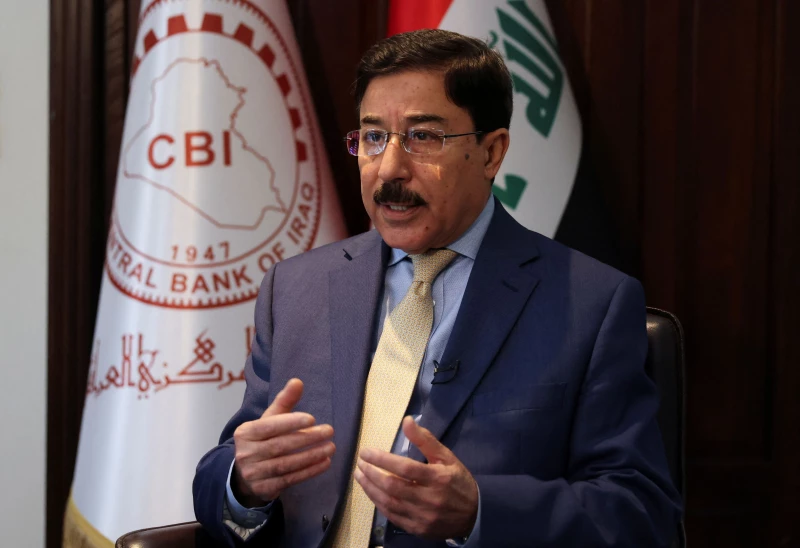Despite ongoing initiatives from Iraqi authorities in the agriculture sector aimed at enhancing food security, Baghdad’s policies have yielded contrasting results as they fail to consider the economic viability, environmental factors, and crop interdependence, argues Dr. Hussein Mishbak, a biotechnology and environmental sustainability expert.
The Iraqi government has in recent years adopted several policies to enhance agricultural production, including providing farmers with support when it comes to the price of wheat, as well as providing subsidies and loans.
“Though wheat production has remained fairly stable, cultivation of barley, which is a key crop for livestock fodder, has plummeted and become increasingly unviable,” argues Mishbak, a non-resident research fellow at the Institute of Regional and International Studies (IRIS), in his latest policy brief about agriculture production in the province of Dhi Qar.
“In other words, policies that benefit wheat may harm barley, and vice versa.”
Speaking to The New Region, Mishbak acknowledged that the authorities go to the farmers when drafting these policies, “seeking their actual needs,” but they fail to take into consideration several factors that end up proving the initiatives futile, for example, providing the farmers with loans and expecting them to be repaid, without considering the impact of climate change that may hinder production at the farms.
“The other important aspect from their [farmers] perspective: The benefits rate that has been established by the banks responsible for these loans. So, when it comes and they have to pay and there is, for example, no production this year, there is no exception for the farmers.”
“So that’s why they feel that this was a burden to them, because they cannot repay their loans.”
Mishbak added that he believes setting lower prices for wheat leads many to abandoning barley and focusing solely on wheat, resulting in less barley production.
“Definitely there is a demand for barley… Mainly, in Dhi Qar we use barley for fodder… livestock were directly affected, especially when we talk about water scarcity and climate change hitting Dhi Qar province in recent years.”
“This has a very significant impact on barley growers. That’s why we have recommended that government could also promote price policies for barley and barley growers.”


 Facebook
Facebook
 LinkedIn
LinkedIn
 Telegram
Telegram
 X
X


